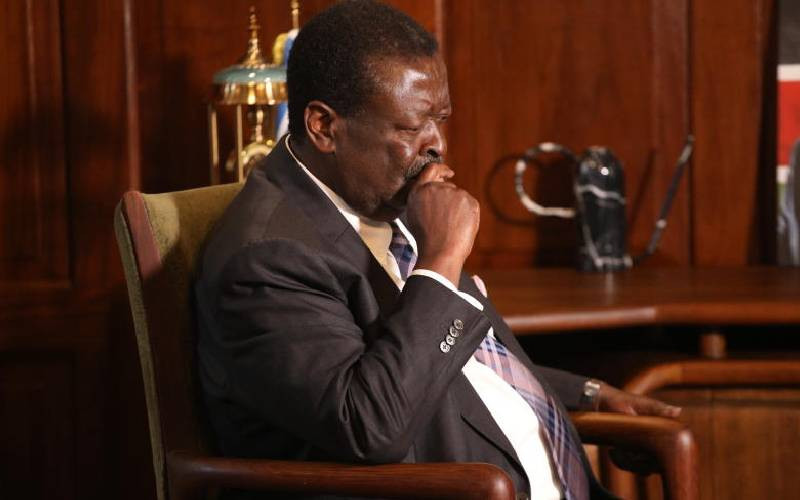
It is understandable that the Kenya Kwanza coalition government, with its public trust deficit, seeks to expand and strengthen "the broad-based government." There is wisdom in consolidating a divided society for the good of its citizens.
As a reminder, the inclusion of ODM, and recently Jubilee, top members into the broad-based government, which in all but name, is a replica of the "nusu mkate government", was necessitated by the Gen Z protests in June last year. This is one of the government's main strategies to de-escalate the nationwide protest. By repeatedly arguing that the broad-based government is meant to promote national unity, it is a fair admission that it risks sinking without including members outside the ruling Kenya Kwanza coalition. There is nothing wrong with the strategic thinking here. It has given the government the cushion it needed to calm the storm that was gathering.